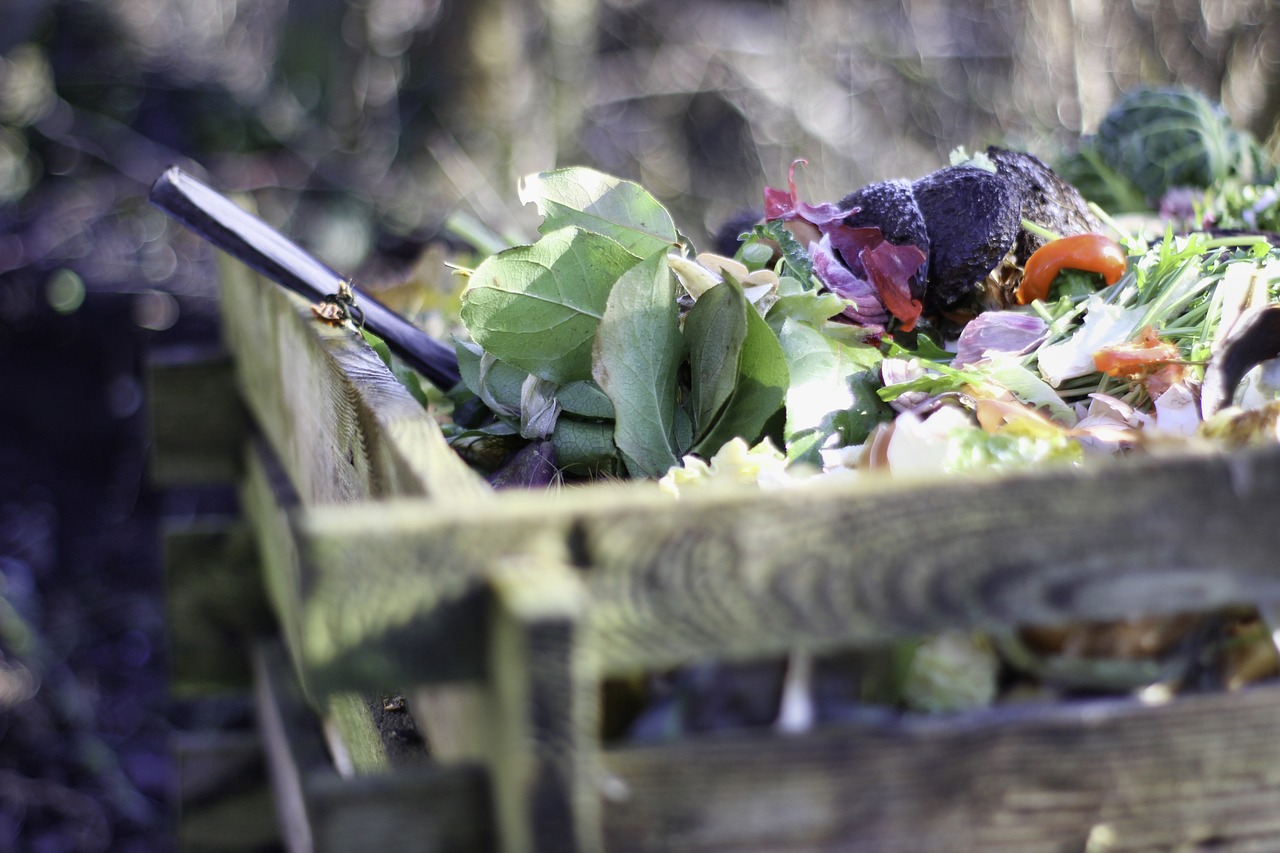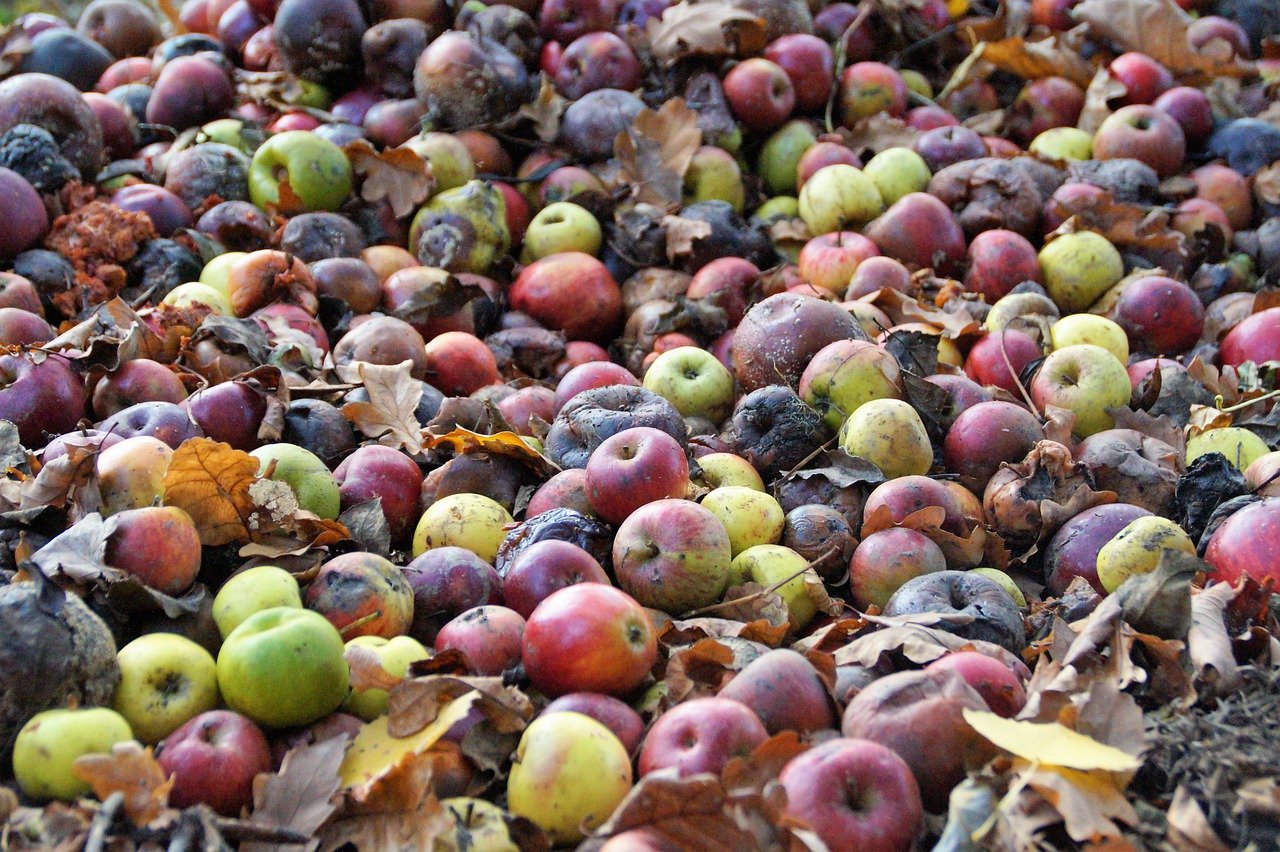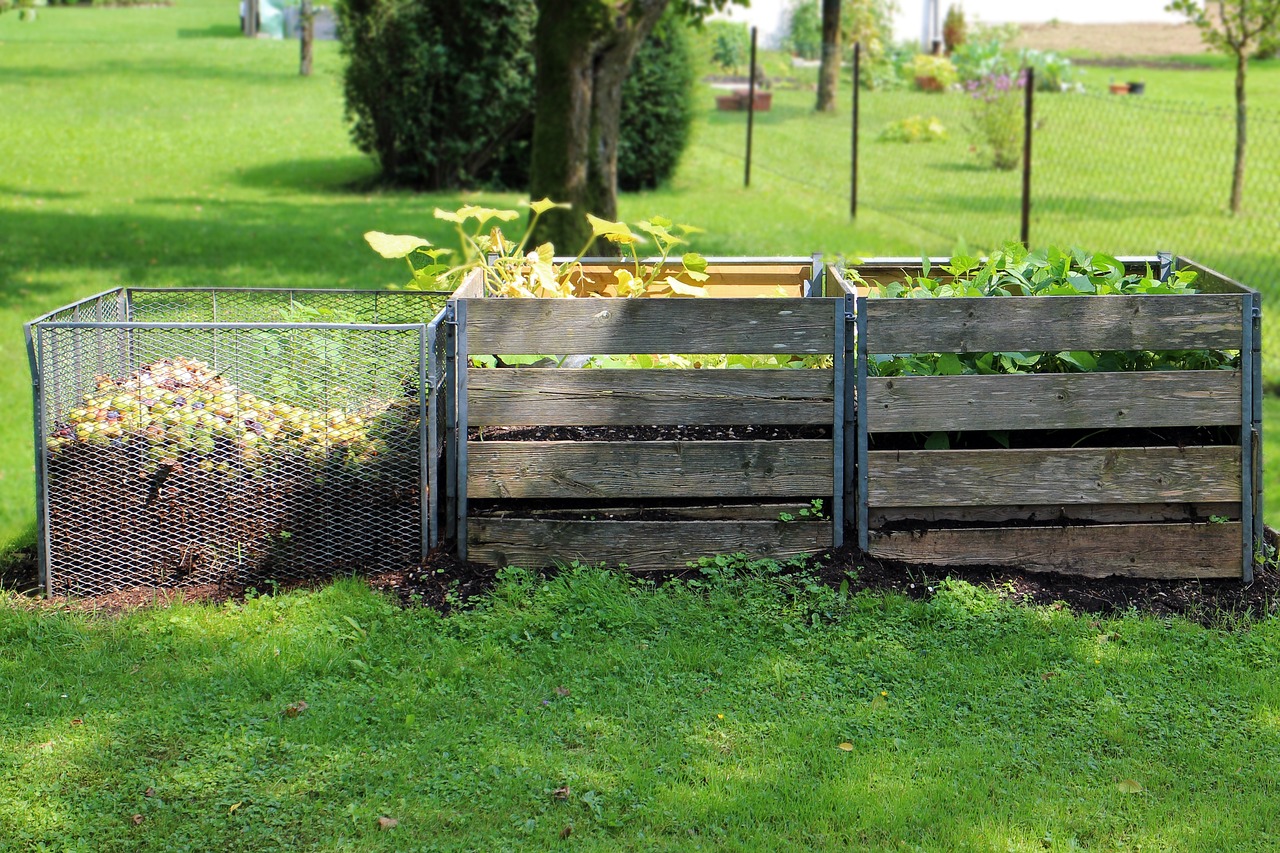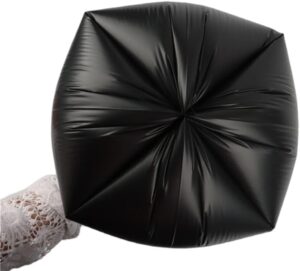Welcome to the world of sustainable living, where every little choice can make a big difference for our planet. In this article, “Can I Compost Biodegradable Plastics?”, we dive into the fascinating world of composting and explore whether biodegradable plastics can actually be a part of our composting journey. Together, we will uncover what makes plastics biodegradable, understand the differences between compostable and biodegradable materials, and learn best practices for incorporating them into our compost piles. Join us as we discover how to make our green practices even greener! Have you ever asked yourself, “Can I compost biodegradable plastics?” It’s a question that has become increasingly relevant as we all look for ways to live more sustainably. Let’s dive into the details and explore what biodegradable plastics are, how they work, and whether or not we can toss them into our compost bins.

What Are Biodegradable Plastics?
Biodegradable plastics are designed to break down more quickly than traditional plastics. Unlike regular plastics, which can take hundreds of years to decompose, biodegradable plastics are made to degrade in months or years, depending on their composition and the environmental conditions. These plastics are engineered from various materials such as plant-based polymers, starch, and microorganisms.
Types of Biodegradable Plastics
There are several types of biodegradable plastics, each with its own unique properties and degradation processes. Here’s an overview to help clarify:
| Type | Description |
|---|---|
| PLA (Polylactic Acid) | Made from fermented plant starch (usually corn), this plastic is commonly used for food packaging and disposable tableware. |
| PHA (Polyhydroxyalkanoates) | Produced by microbial fermentation of sugars, PHA is used in medical devices and various packaging materials. |
| PBAT (Polybutylene Adipate Terephthalate) | A co-polymer that degrades more quickly, often used in combination with other biodegradable polymers to improve flexibility. |
| Starch-Based Plastics | Derived from corn, potato, or other plants, often blended with other biodegradable plastics for better performance. |
How Do Biodegradable Plastics Break Down?
Understanding how these plastics degrade requires a bit of insight into the chemical and biological processes at play. Biodegradable plastics break down through microbial action, meaning microorganisms like bacteria and fungi feed on the material, breaking it down into water, carbon dioxide, and biomass. The speed and completeness of this process depend on several factors.
Factors Influencing Degradation
Some of the key factors influencing the breakdown of biodegradable plastics include:
- Temperature: Higher temperatures generally accelerate microbial activity and faster degradation.
- Moisture: Adequate moisture is essential for microbial life and thus influences degradation.
- Oxygen Levels: Aerobic conditions (presence of oxygen) often speed up the breakdown process.
- Microbial Community: The variety and quantity of microorganisms present can affect the degradation rate.
Composting Biodegradable Plastics: Is It Possible?
Now comes the million-dollar question: Can we compost biodegradable plastics? The answer isn’t a simple yes or no. It depends on the type of biodegradable plastic and the composting conditions.
Industrial vs. Home Composting
There’s a significant difference between industrial composting facilities and home composting systems.
Industrial Composting
Industrial composting facilities are designed to handle large quantities of biodegradable materials. These facilities maintain high temperatures (around 140-160°F or 60-70°C) and optimal conditions for microbial activity. Many biodegradable plastics, especially PLA, are labeled “compostable” because they can break down entirely in these facilities within a few months.
Home Composting
Home composting systems, on the other hand, usually operate at lower temperatures and may not provide the ideal conditions for breaking down biodegradable plastics. Most home compost bins and piles don’t maintain the high temperatures needed for rapid microbial activity. As a result, it can take biodegradable plastics much longer to break down at home, if they do at all.
Certifications and Labels
To help us determine whether a biodegradable plastic item is compostable, it’s useful to look at certifications and labels. Organizations like the Biodegradable Products Institute (BPI), European Bioplastics, and TUV Austria certify products for compostability.
| Certification | Description |
|---|---|
| BPI Certified Compostable | Indicates the product will break down in an industrial composting facility. |
| OK Compost INDUSTRIAL (TUV Austria) | Confirms the product is suitable for industrial composting. |
| OK Compost HOME (TUV Austria) | Signifies that the product can break down in a home composting environment. |
| EN 13432 (European Standard) | Ensures the product can compost in industrial settings and involves criteria for disintegration, biodegradability, ecotoxicity, and more. |
Challenges and Considerations
While the idea of composting biodegradable plastics sounds appealing, several challenges must be considered:
Contamination
One of the significant issues with composting biodegradable plastics is contamination. If non-compostable plastics are mistakenly thrown into the compost bin, they can contaminate the compost, requiring additional sorting and processing.
Time Factor
Even biodegradable plastics labeled as “home compostable” often take longer to degrade in a home composting system than organic waste like food scraps and yard trimmings. This extended timeline can be a concern if quick compost turnover is desired.
Microplastic Residues
Some biodegradable plastics may fragment into tiny pieces (microplastics) instead of fully decomposing. These microplastics can persist in the environment and pose a threat to soil quality and ecosystems.
Municipal Waste Systems
Many municipal composting programs do not accept biodegradable plastics because they can be difficult to differentiate from traditional plastics and require specific conditions to break down.

Best Practices for Composting Biodegradable Plastics
Despite the challenges, there are some best practices we can follow if we decide to compost biodegradable plastics:
Verify Labels and Certifications
Ensure that the biodegradable plastic items we want to compost are certified by reputable organizations for industrial or home composting. Look for labels like BPI Certified or OK Compost.
Use Industrial Composting Facilities
Whenever possible, use industrial composting facilities to handle biodegradable plastics. These facilities are equipped to break down these materials efficiently.
Limit Home Composting to Certified Products
If we choose to compost biodegradable plastics at home, we should limit it to items explicitly certified for home composting. Even then, it’s crucial to manage expectations and understand that it may take longer than other organic waste.
Monitor Compost Pile
Keep an eye on the compost pile’s temperature, moisture, and aeration to create optimal conditions for microbial activity. Turning the pile regularly can help maintain these conditions.
The Environmental Impact
Composting biodegradable plastics helps divert waste from landfills and reduces our reliance on fossil fuels. However, it’s important to consider the broader environmental impact, including production, transportation, and end-of-life disposal.
Pros and Cons of Biodegradable Plastics
Here’s a summary of the advantages and disadvantages:
| Pros | Cons |
|---|---|
| Reduces Plastic Pollution | Possible Contamination |
| Less Fossil Fuel Dependency | Longer Degradation Time at Home |
| Can Improve Compost Quality | Microplastic Residues |
| Versatile Applications | Challenges in Municipal Composting |

Alternatives to Biodegradable Plastics
If composting biodegradable plastics seems too complicated, there are alternative options to consider:
Traditional Composting
Stick to composting organic waste like food scraps, leaves, grass clippings, and paper products. These break down more quickly and seamlessly in both home and industrial composting systems.
Recycling
Instead of biodegradable plastics, opt for recyclable materials. Make sure to follow local recycling guidelines to ensure items are properly sorted and processed.
Reusable Products
Invest in reusable items such as metal straws, cloth grocery bags, and glass containers. These can help reduce overall waste and decrease the need for single-use plastics.
Ecological Packaging
Some companies are innovating new forms of packaging made from natural materials like mushrooms, seaweed, and agricultural waste. These materials can be a more sustainable alternative to both traditional and biodegradable plastics.
Frequently Asked Questions (FAQs)
Let’s answer some common questions to wrap things up:
Q: Can I put biodegradable plastics in my yard waste bin? A: It depends on your local waste management guidelines. Some municipalities accept biodegradable plastics in their yard waste bins, while others do not.
Q: How long does it take for biodegradable plastics to decompose? A: In an industrial composting facility, it typically takes a few months. In a home composting system, it can take significantly longer, sometimes even years.
Q: Are all biodegradable plastics compostable? A: No, not all biodegradable plastics are compostable. Some may require specific conditions that are hard to achieve outside of industrial composting facilities.
Q: What’s the difference between biodegradable and compostable plastics? A: Biodegradable plastics break down in the environment over time but may leave behind residues. Compostable plastics are designed to break down completely into non-toxic components under composting conditions.
Q: What should I do if I’m not sure whether a plastic is biodegradable or compostable? A: If in doubt, it’s best to err on the side of caution and not add the plastic to your compost bin. Check for certifications and consult your local waste management services for guidance.
Conclusion
So, can we compost biodegradable plastics? The answer varies based on the type of plastic, the composting environment, and the time we’re willing to wait. While industrial composting facilities are well-equipped to handle these materials, home composting offers a less predictable outcome. Understanding labels and certifications can guide us in making informed decisions about our waste management practices.
Ultimately, composting biodegradable plastics is just one part of a broader strategy to live more sustainably. By being conscientious about our choices—whether it’s opting for reusable products, recycling, or using alternative packaging—we can all contribute to a healthier planet. Let’s continue to strive for more sustainable habits and remember that every small action can make a big difference.



